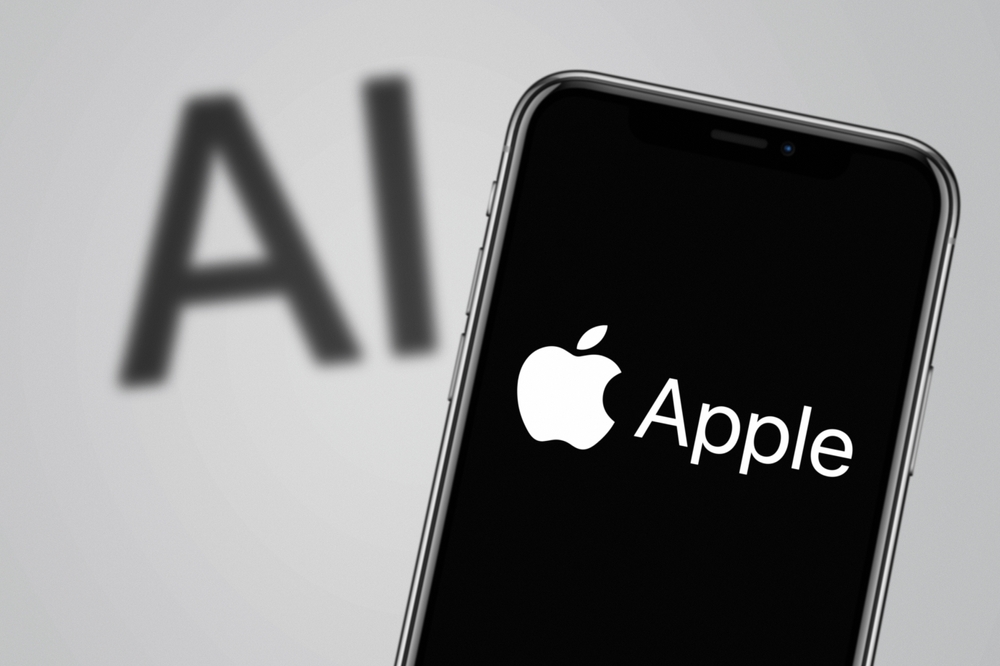Meta, which owns Facebook, Instagram, and WhatsApp, has given itself the right to train artificial intelligence models on the posts of all users. However, only EU audiences have the privilege of denying the company access to its materials.
Most large language models operate on remote cloud server farms, causing users to hesitate when sharing personal data with AI companies. In its WWDC keynote, Apple emphasized that the new Apple Intelligence integrated into its products will utilize “private cloud computing” to ensure transparent and verifiable security for any data processed on its cloud servers.

“You won’t have to hand over every detail of your life to be stored and analyzed in someone else’s cloud by AI,” said Craig Federighi, Apple’s senior vice president of software engineering. He noted that many of Apple’s generative AI models can run entirely locally on devices equipped with A17+ or M series chips, eliminating the risk of sending personal data to a remote server.
Local Processing and Enhanced Security
Federighi explained that if a larger cloud model is needed to fulfill a user’s request, it “will run on servers that we built specifically using Apple processors,” allowing for the security tools built into the Swift programming language. Apple Intelligence “sends to servers only the data you need to complete your task,” rather than giving full access to all contextual information on a device.
He emphasized that even this minified data set will not be stored for future access or used to further train Apple’s back-end models. Additionally, the server code used by Apple will be open, allowing independent experts to verify the confidentiality of user data. The entire system is protected by end-to-end encryption, so Apple devices “will refuse to communicate with the server unless their software is publicly registered for verification.”
While Federighi’s keynote provided few technical details, the focus on privacy indicates that Apple is, at least rhetorically, prioritizing security concerns in the generative AI space. Apple describes its privacy policy as “an entirely new standard for privacy and artificial intelligence.”
Industry Implications and Future Updates
In contrast, Meta’s policy of leveraging user posts for AI training, with limited opt-out options, underscores the differing approaches tech giants are taking towards user data and AI development, notes NIX Solutions. Users’ growing reluctance to share personal data with AI companies highlights the increasing demand for transparency and control over personal information.
As these developments unfold, we’ll keep you updated on how independent security experts evaluate Apple’s claims and any further details that emerge about the technical implementations behind Apple Intelligence’s privacy measures. All that remains is to wait for the conclusion of independent security experts to verify whether Apple’s new standard truly sets a benchmark for privacy in the AI industry.
